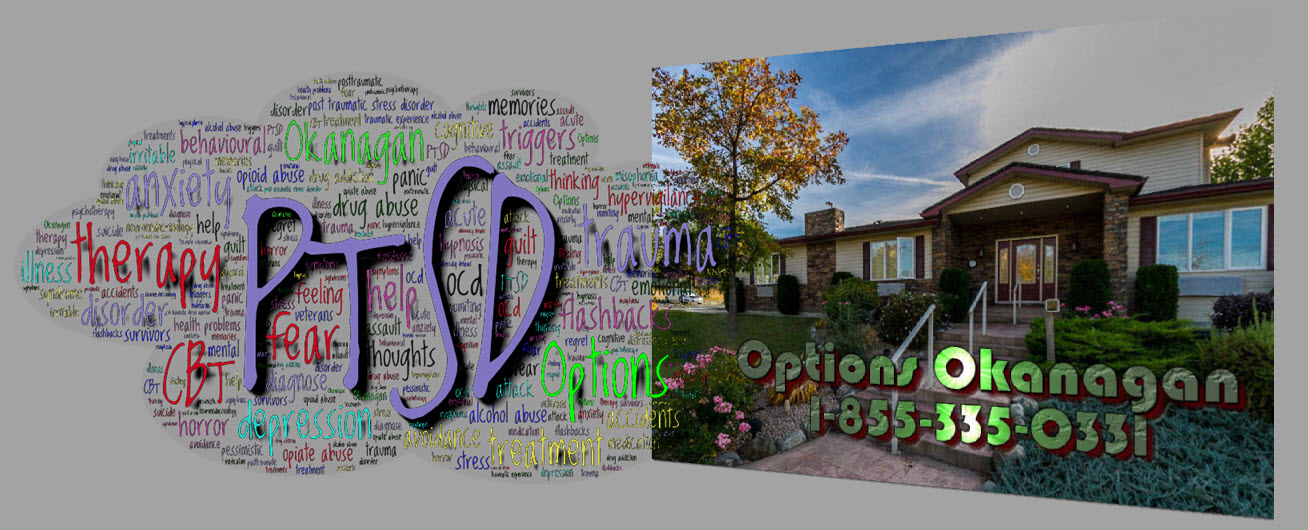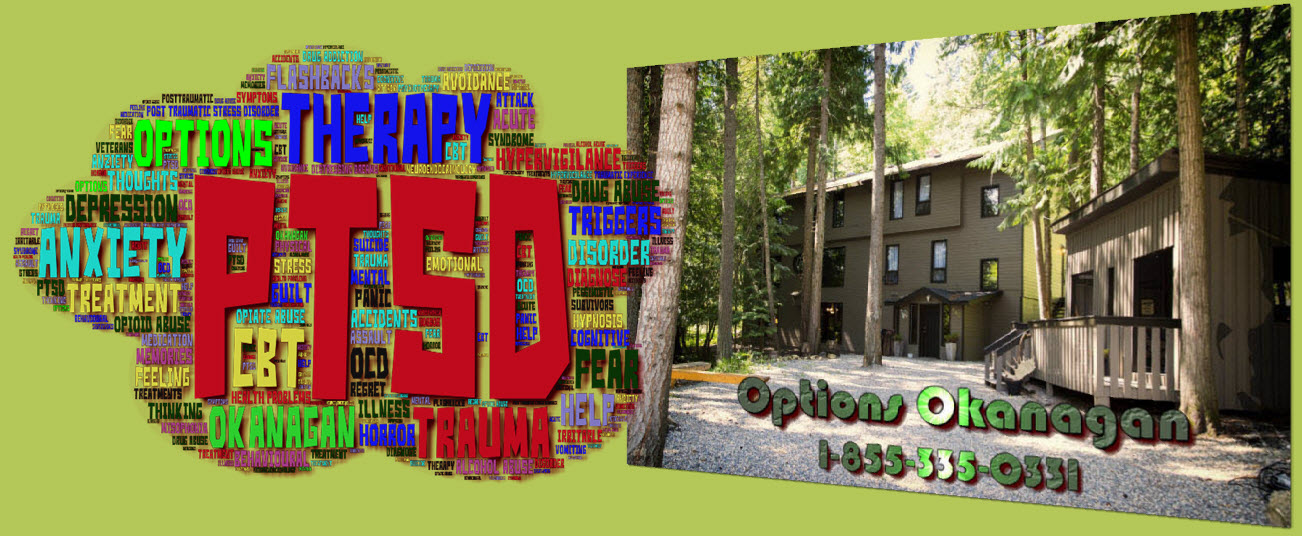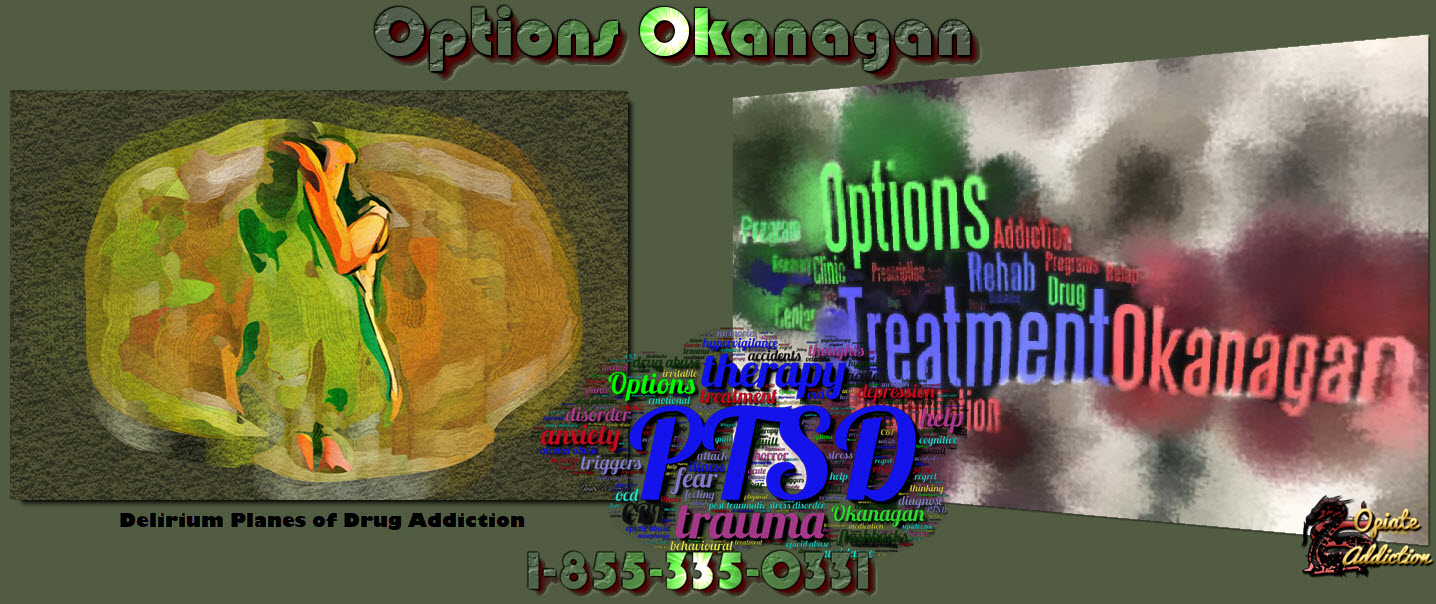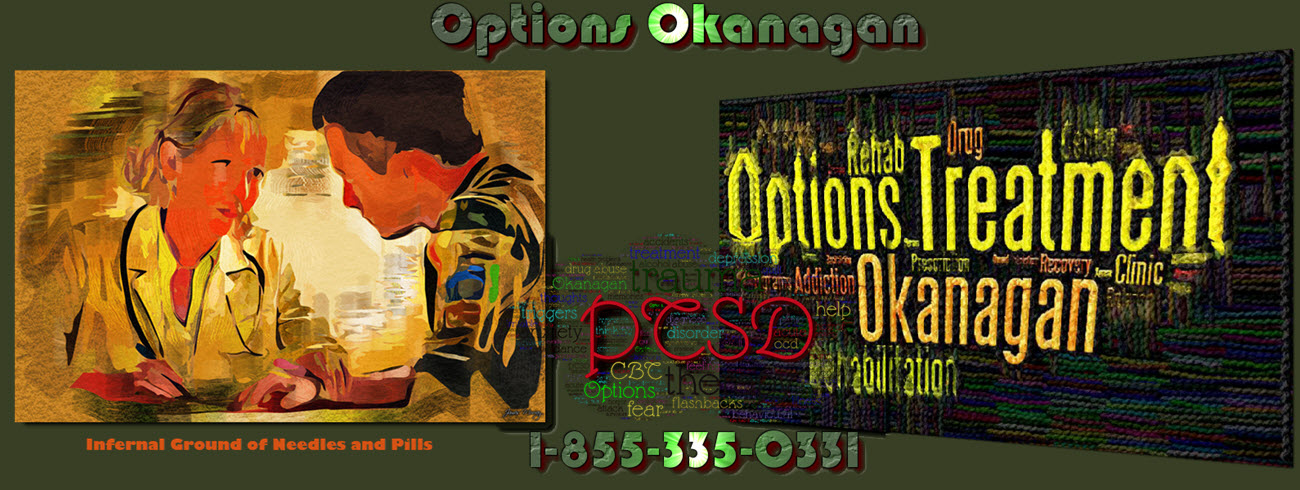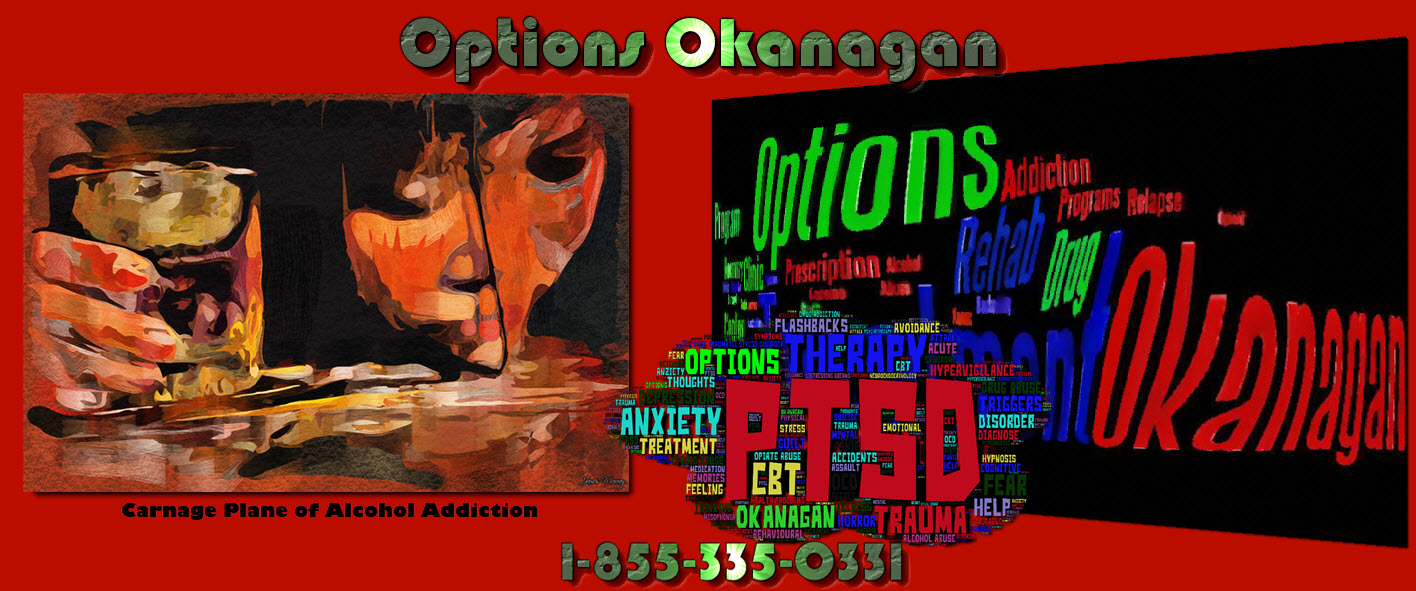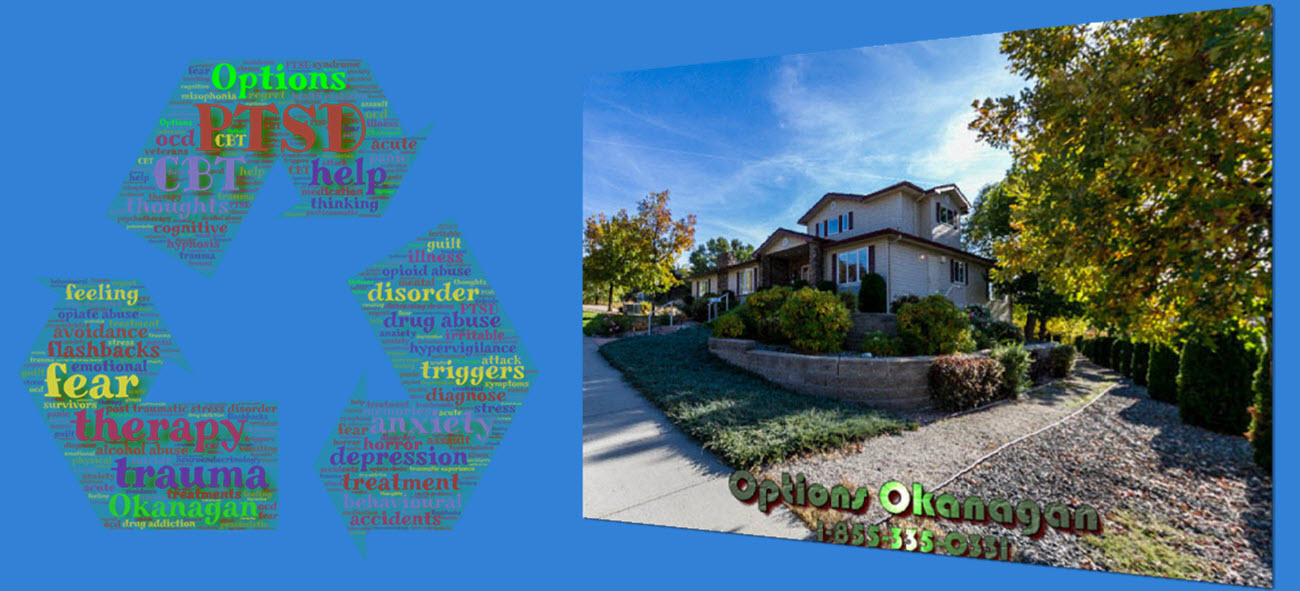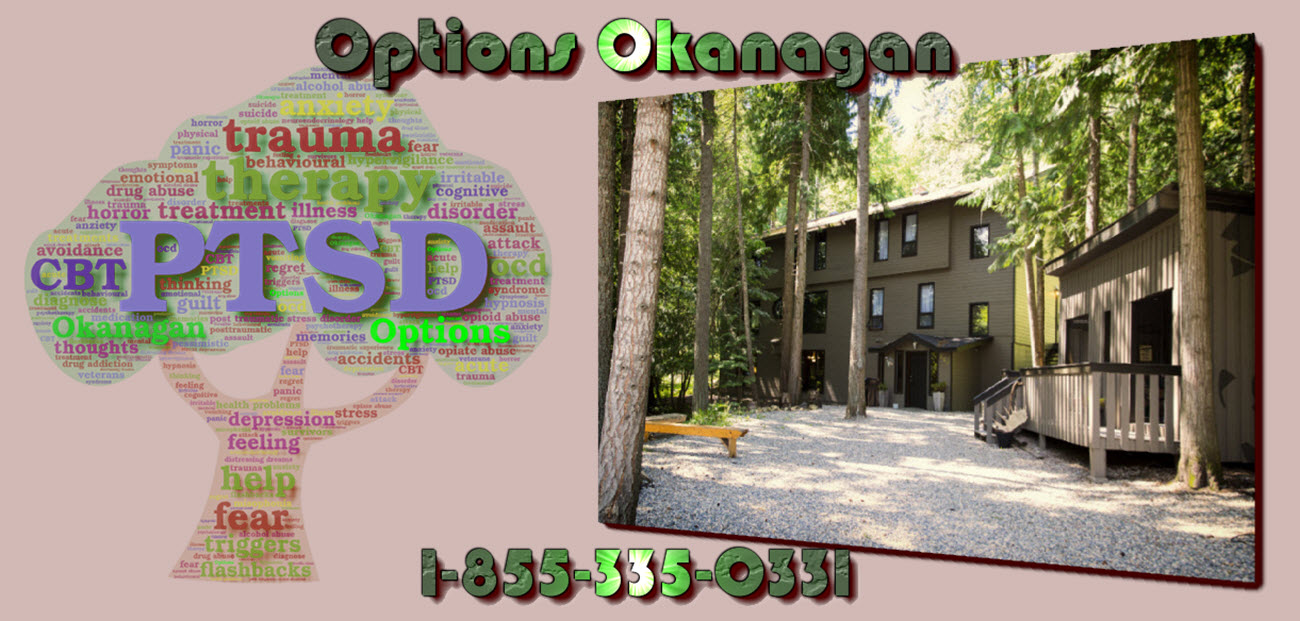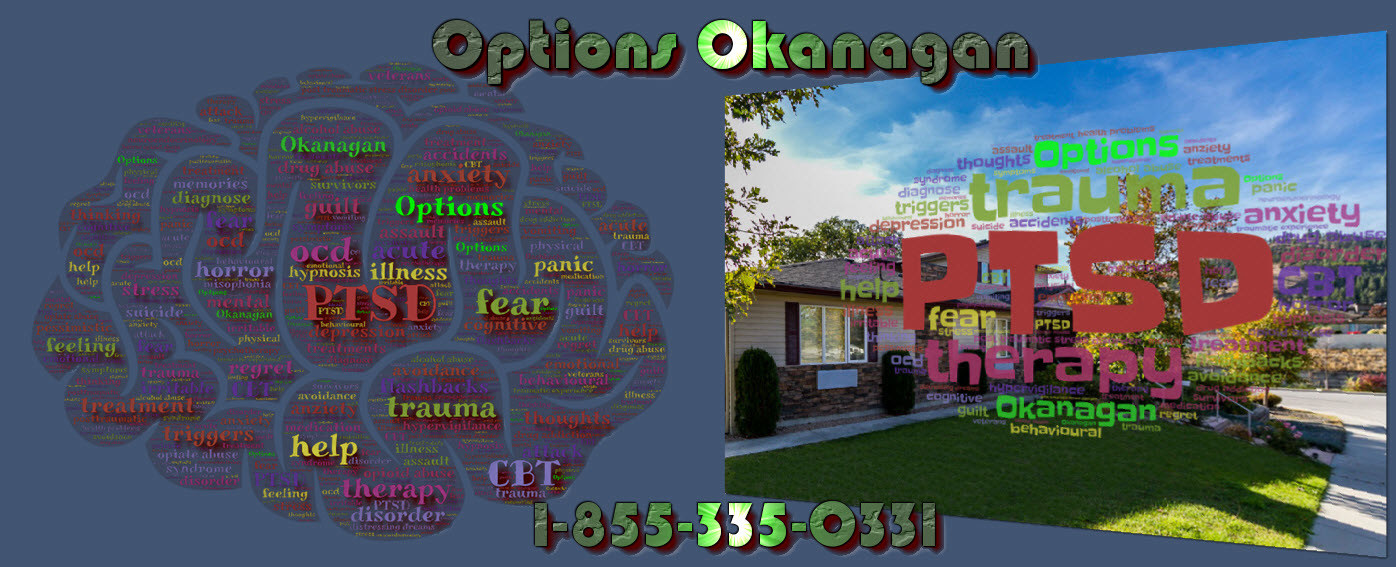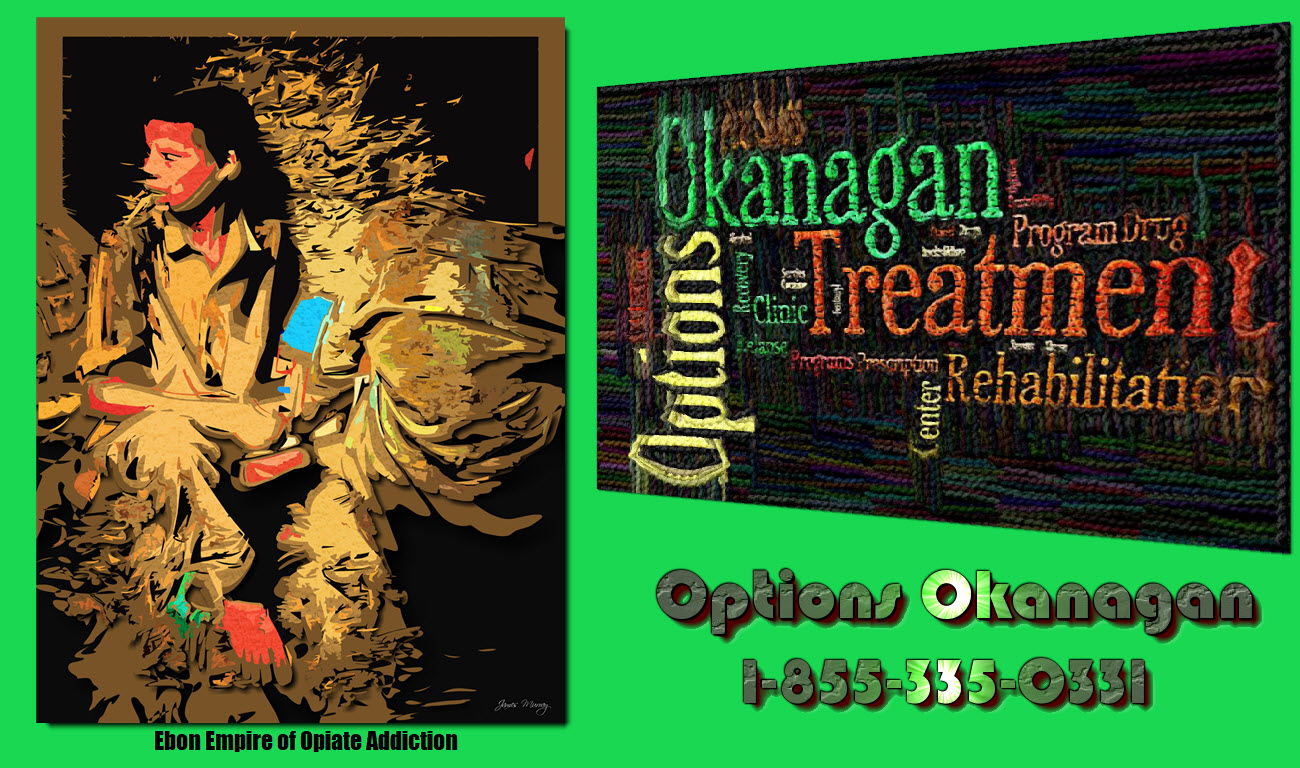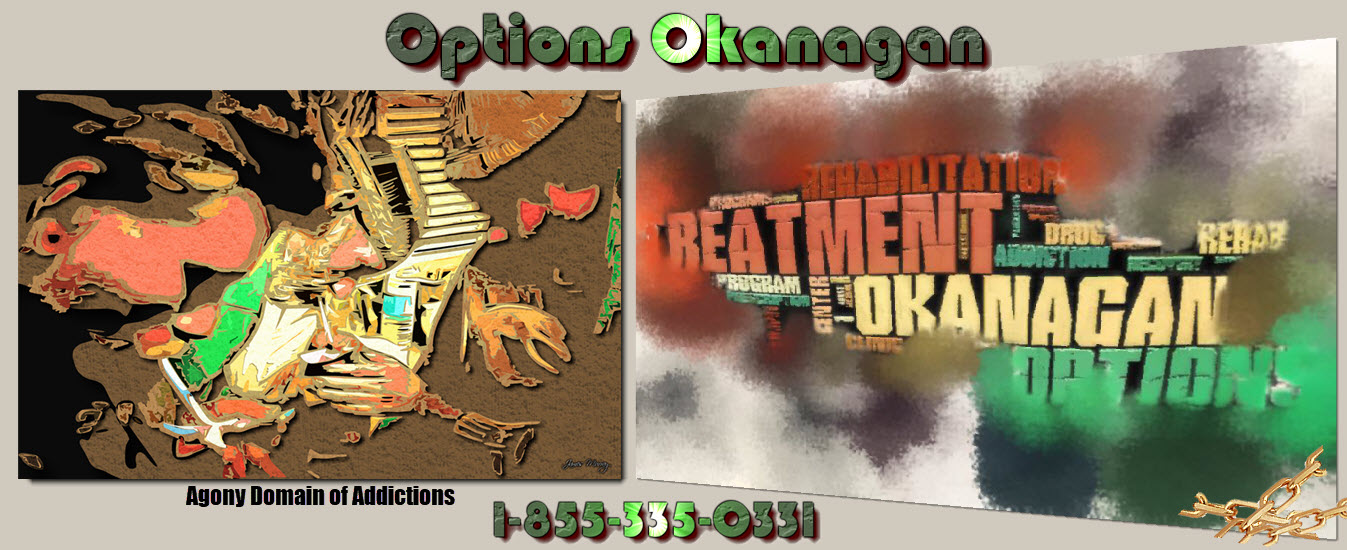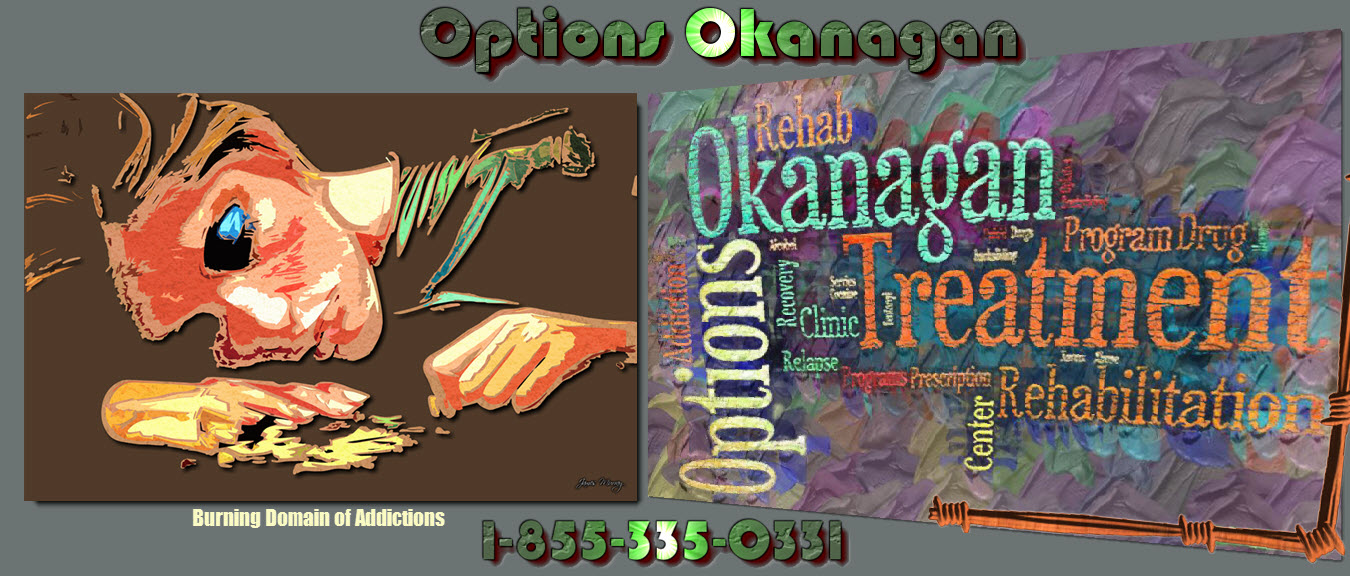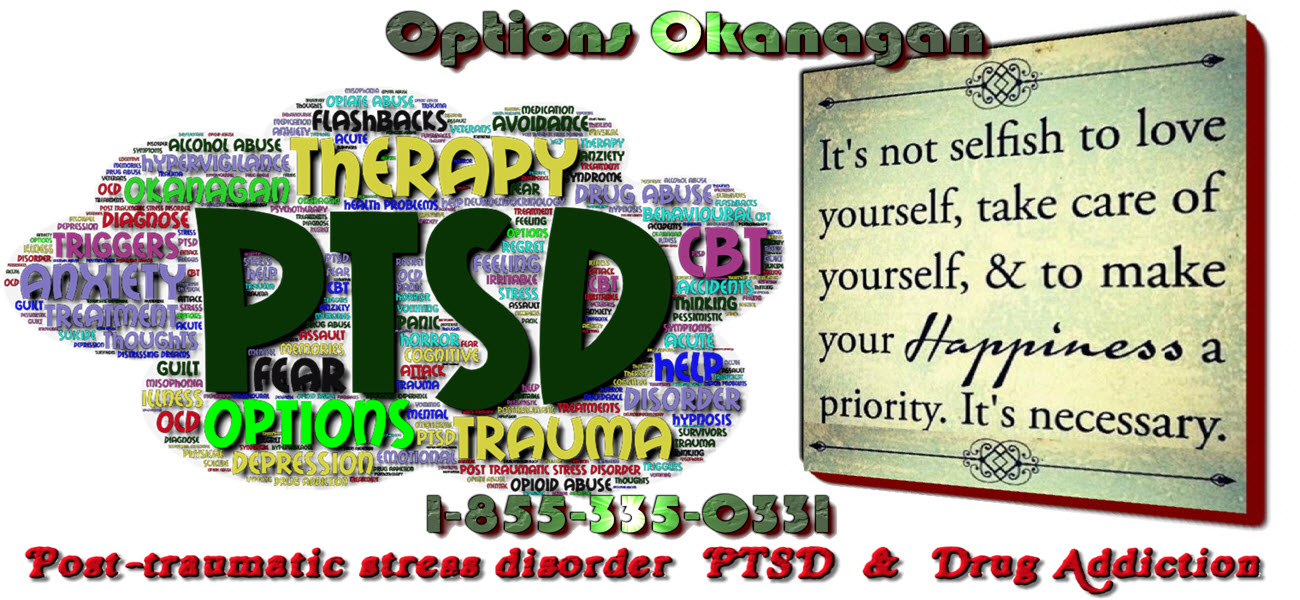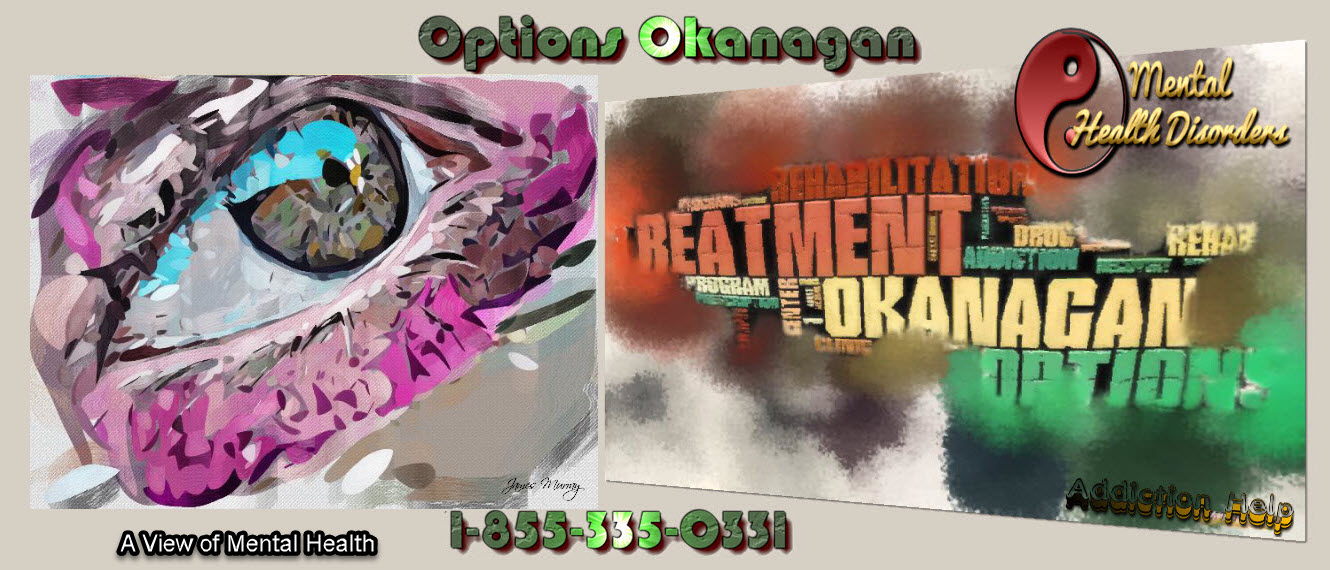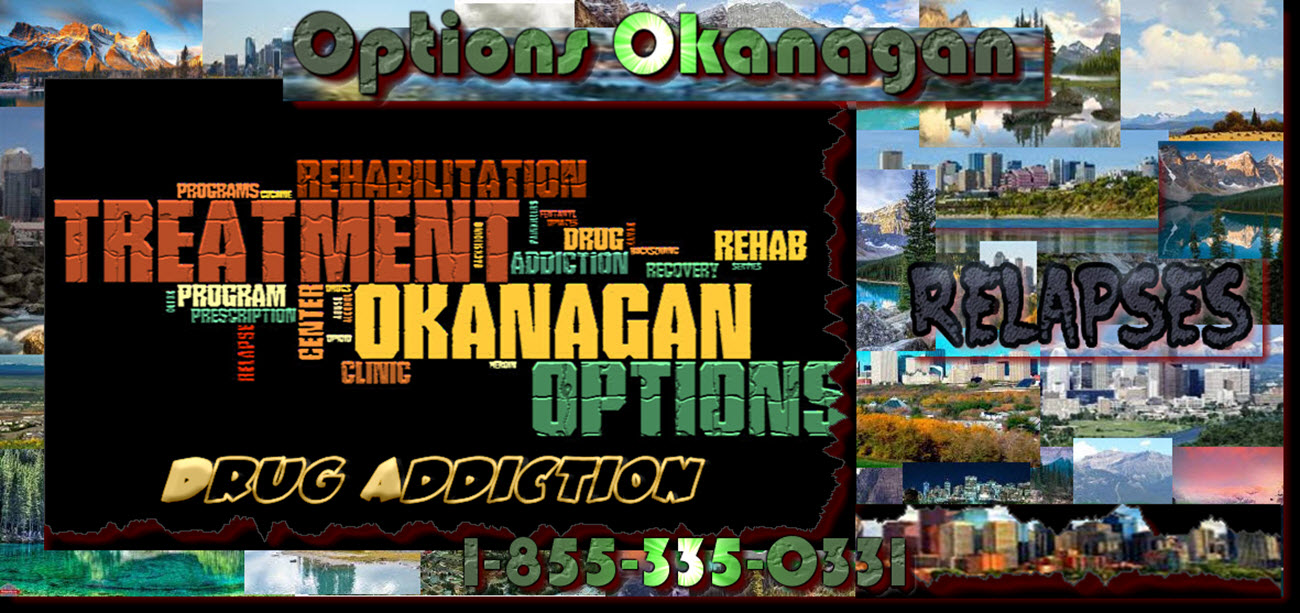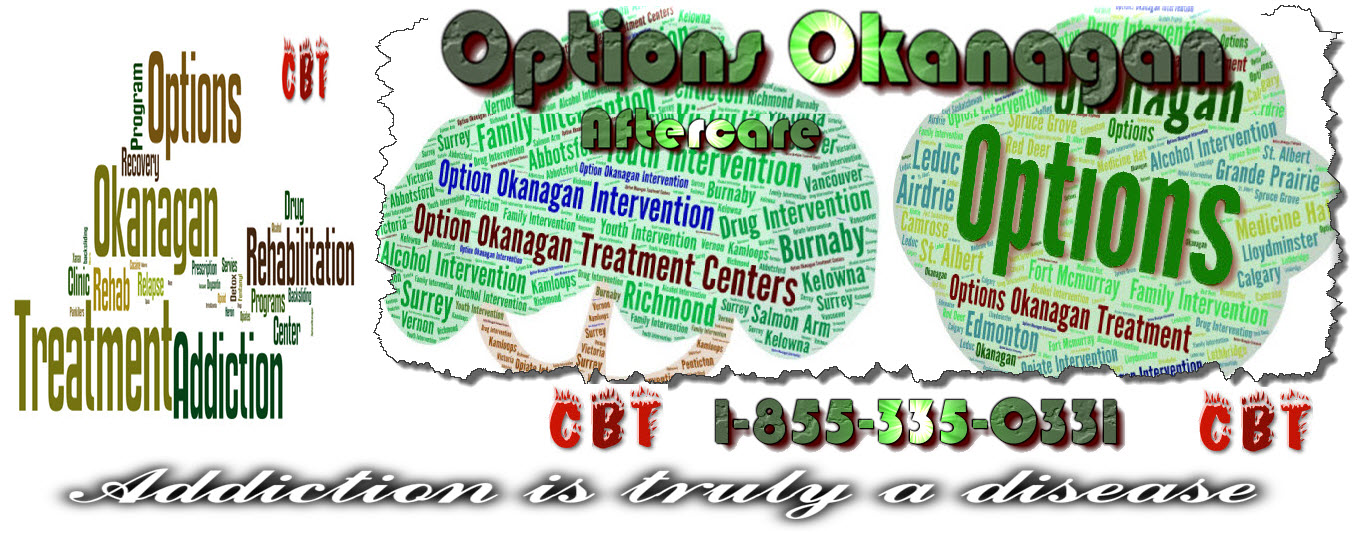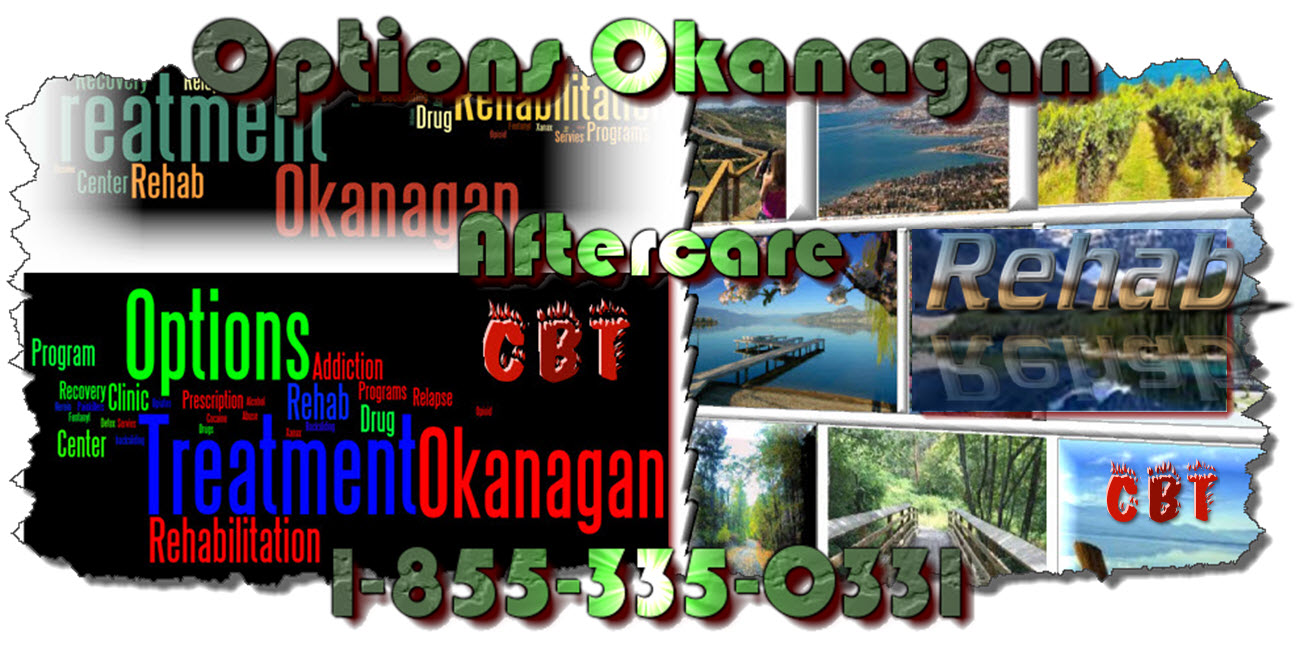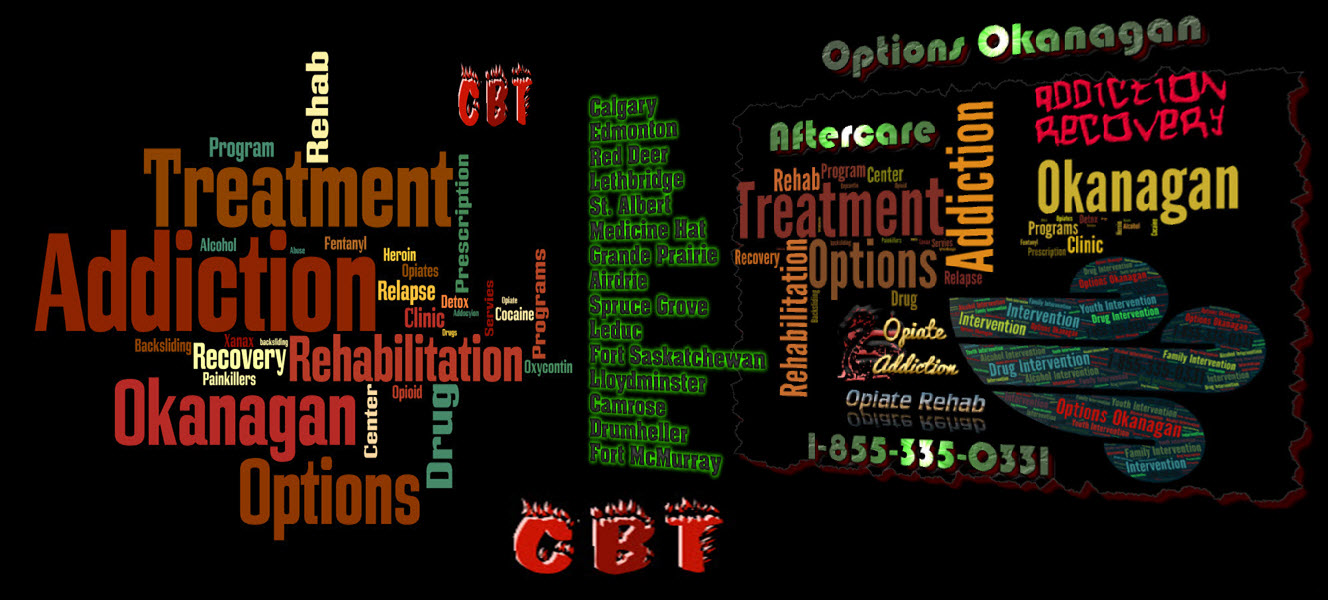Mental, psychological health tests as an important assessment tool. An opiate addiction treatment program in British Columbia and Alberta – How to treat opiate addiction – Options Okanagan Treatment Centers in Kelowna, British Columbia treating drug, opiate, fentanyl, heroin, and alcohol addiction and recovery.
Opiate Rehab Treatment In BC & Alberta
The focus of mental, psychological health assessments is on the use of reliable and validated assessment tools. This includes mental health tests.
To diagnose, anticipate and evaluate symptoms accurately, psychiatrists have developed various types of tests that are tailored to the needs of each mental health problem. Obviously, the test only covers topics related to certain problems. Here are some of the main categories of mental health tests:
Neuropsychological test.
If an individual is suspected of having a neuropsychological cause, doctors use paper and pencil tests to determine the lack of sensorimotor and cognitive skills. This might include a tendency to ignore one or more elements in the visual field or problems with attention. One of the most common neuropsychological tests is the Bender Gestalt test, which is used to assess an individual’s sensorimotor ability by reproducing nine images.
An individual who might have been diagnosed with a mental illness might be able to reproduce different characters, change the position of the character being painted, or change the part of several characters that were copied. After this activity, a person will be asked to remember the picture. Most individuals with mental disorders usually have memory deficits. Although this test may not adequately identify the specific type of brain damage among the subjects examined, it is a reliable tool to conclude that an individual may or may not have brain damage.
Intelligence test.
Although using intelligence tests in educational and industrial environments is usually more productive, it is important to determine whether someone is sane or not. In clinical settings, these tests are used to gain insight into an individual’s intellectual abilities, strengths, and weaknesses, especially when a mental disorder is suspected. These tests are usually used to measure basic intelligence, abstract thinking, verbal control, and spatial memory. The results of the intelligence test are used to identify the intelligence groups that an individual would belong in. People with relatively low IQ levels have some form of mental disorder, while those who reach higher levels than the average person may have less sensitivity to develop mental health disorders. However, this should not be understood as typical.
Symptom questionnaire.
The symptom questionnaire is the most common type of test nowadays and is used by doctors and laypeople. In its original form, the symptom questionnaire was used to assess directly whether someone was showing or feeling the symptoms of a particular mental health disorder. However, the questionnaire can also cover various symptoms of various psychiatric disorders.
Personality inventory.
This is a questionnaire that helps in assessing people’s unique behaviors, thoughts, and feelings. They provide basic information to assess an individual’s well-being an important aspect of mental health, their coping methods, their self-image, perceptions, attitudes, life beliefs, and their weaknesses.
Versions of this personality test are often displayed online, and many people get their mental health rankings from this resource.
Although they can be useful as self-help tests, many of the mental health tests on the website are not validated and may have poor reliability. This is a powerful tool, but many have not yet been tested for validity and reliability. If these two important concepts from psychological testing are not fulfilled, the purpose of these tests is redundant.
If an individual uses these online tests, keep in mind that they must have a certification or approval from a medical-PhD. All other types of certification help and confirm that an expert in psychological testing has given approval for the test.
Options Okanagan Opiate and Alcohol Treatment Centers in Kelowna, Salmon Arm and Vancouver, British Columbia – Men and Women are recovering and healing from Alcohol and Drug Abuse at our treatment center here in the Okanagan right now.
Our unique and distinctive Opiate Drug and Alcohol treatment program allow men and women to come in from Calgary as well as Edmonton as we offer airport pickup.
Numerous clients come to us from Vancouver, Calgary, and Edmonton and other locations in Alberta and even other provinces for Opiate addiction treatment, heroin drug treatment, many other drug and alcohol addictions for rehabilitation because of the uniqueness of our treatment center.
Our (Kelowna ) Alcohol and Opiate Treatment Program Location:
(Not Mailing Address) Contact Us – Web Page
For Mail Delivery :: Please contact each center for correct mailing addresses, also this location is the location of our residential treatment programs in Kelowna. Please call Toll Free 1-855-335-0331 to contact the treatment center you are going to for the address and directions.
Options Okanagan Drug and Opiate Treatment Center
551 Sherrydale Crescent, Kelowna, British Columbia, V1V 2E6
Toll Free Phone Number : 1-855-335-0331

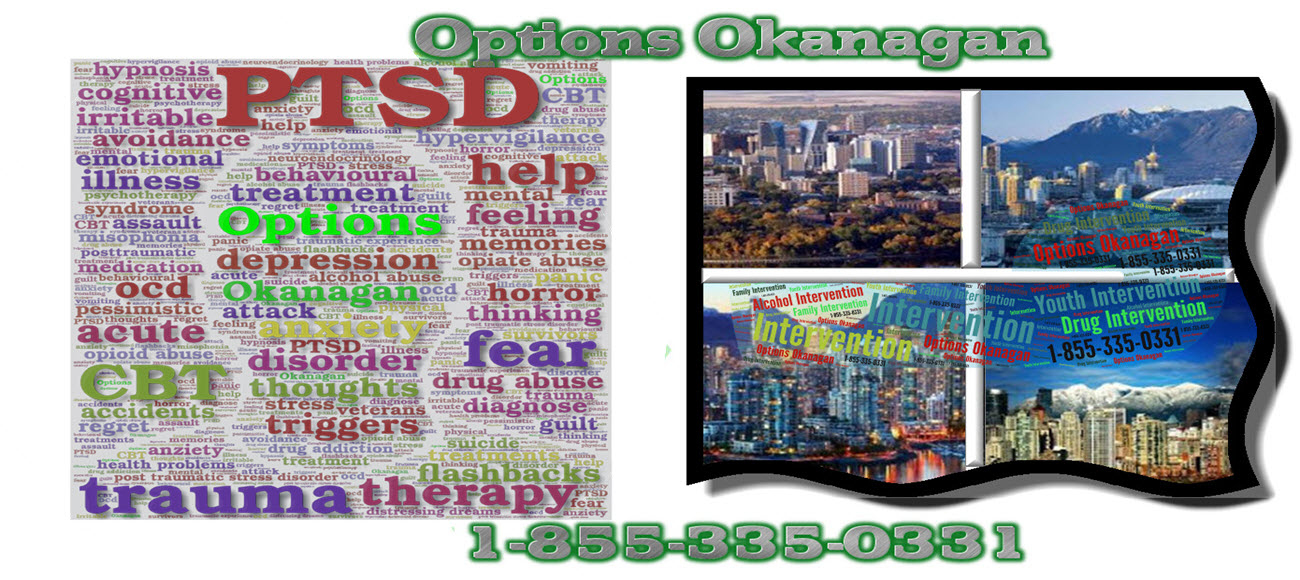
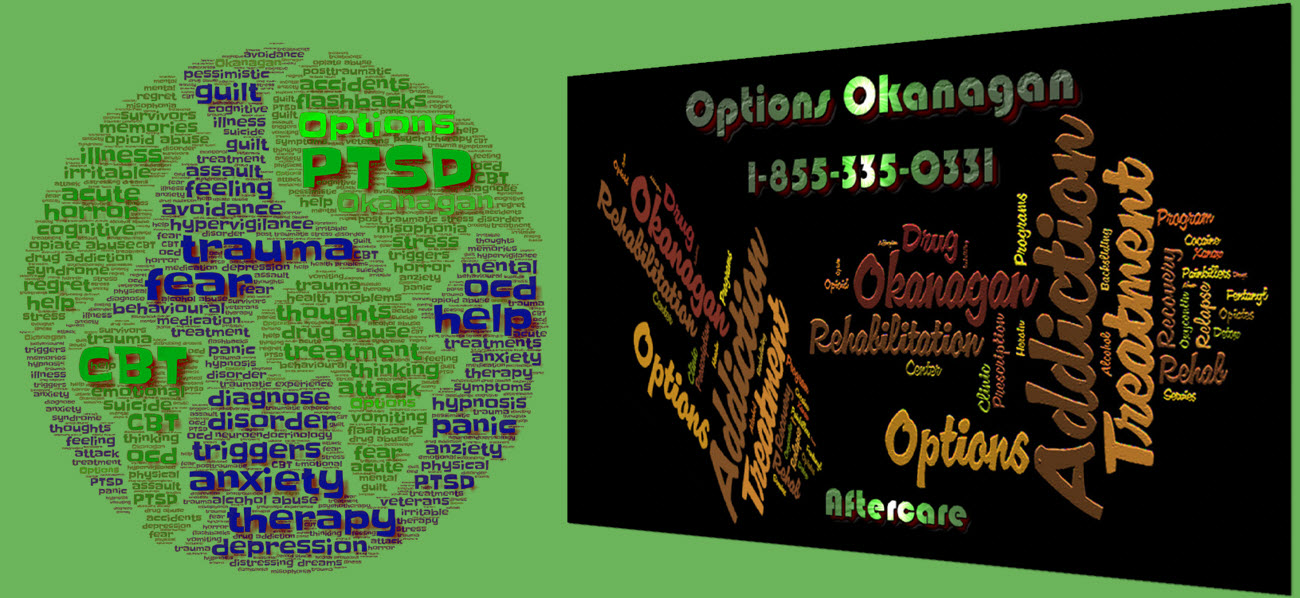
, British Columbia and Alberta.jpg)

 and Trauma Rehab Centers in Alberta and BC - Options Okanagan.jpg)
